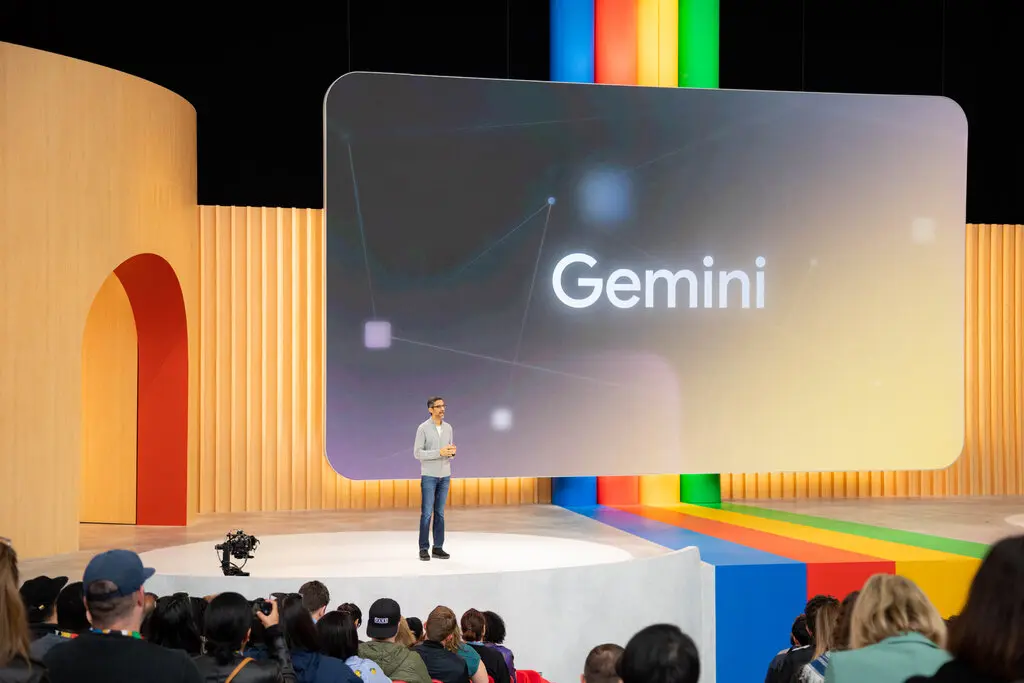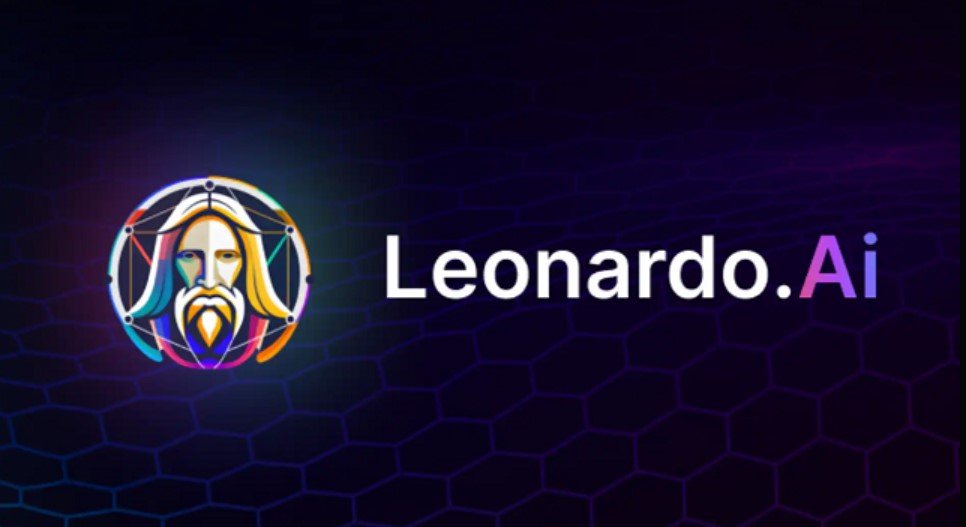Introduction
Google has introduced an experimental artificial intelligence (A.I.) agent called Mariner, designed to autonomously browse websites, manage spreadsheets, and perform tasks like online shopping. This cutting-edge innovation marks a significant step toward creating universal digital assistants capable of independent action.
Key Features of Google’s Mariner
1. Built on Gemini 2.0
Mariner is powered by Gemini 2.0, a neural network that processes and learns from diverse data, including text, images, and sounds. Gemini’s advanced capabilities enable Mariner to interact with various online services, such as shopping platforms and spreadsheets, by mimicking human actions.
2. Human-Centric Design
While Mariner can autonomously navigate websites and complete tasks, its functionality is designed with a “human in the loop” approach. For example, it can add items to a shopping cart but leaves the final purchase decision to the user.
3. Integration with Google Chrome
Mariner functions as an extension of Google Chrome, highlighting its importance in Google’s A.I. ecosystem. This integration ensures seamless use for testers and positions Chrome as a platform for future A.I. advancements.
Potential Applications
- Online Shopping: Automate repetitive tasks like browsing products and adding items to the cart.
- Data Management: Assist in creating and editing spreadsheets.
- Universal Assistant: Serve as an extension of Google’s vision for an all-encompassing digital assistant.
Challenges and Limitations
1. Accuracy Concerns
Like other A.I. tools, Mariner is still experimental and prone to errors. While it excels in recognizing patterns and executing tasks, occasional inaccuracies may occur, especially in complex environments.
2. Legal and Regulatory Challenges
The Justice Department’s demand for Google to spin off Chrome could impact the rollout of Mariner. Additionally, ensuring data privacy and compliance remains a critical challenge.
Competitive Landscape
Google joins other tech giants like OpenAI and Anthropic in developing A.I. agents capable of interacting with websites and apps. This competition underscores the rapid evolution of A.I. and its growing role in automating everyday tasks.
Additional Announcements: Project Astra
Google also unveiled an upgraded version of Project Astra, a smartphone-based digital assistant. Like Mariner, Astra can respond to text, images, and voice commands, offering a glimpse of more advanced A.I.-powered tools.
Conclusion
Mariner is a groundbreaking step toward realizing Google’s vision of a universal digital assistant. While still in the testing phase, its potential to revolutionize online interactions and automate tasks is undeniable. As Google continues refining this technology, Mariner and similar tools could redefine how we interact with the digital world.
Call to Action
Stay updated with the latest A.I. innovations from Google and other tech giants. Subscribe to our newsletter for in-depth insights and news about A.I. and technology advancements.








Leave a Reply